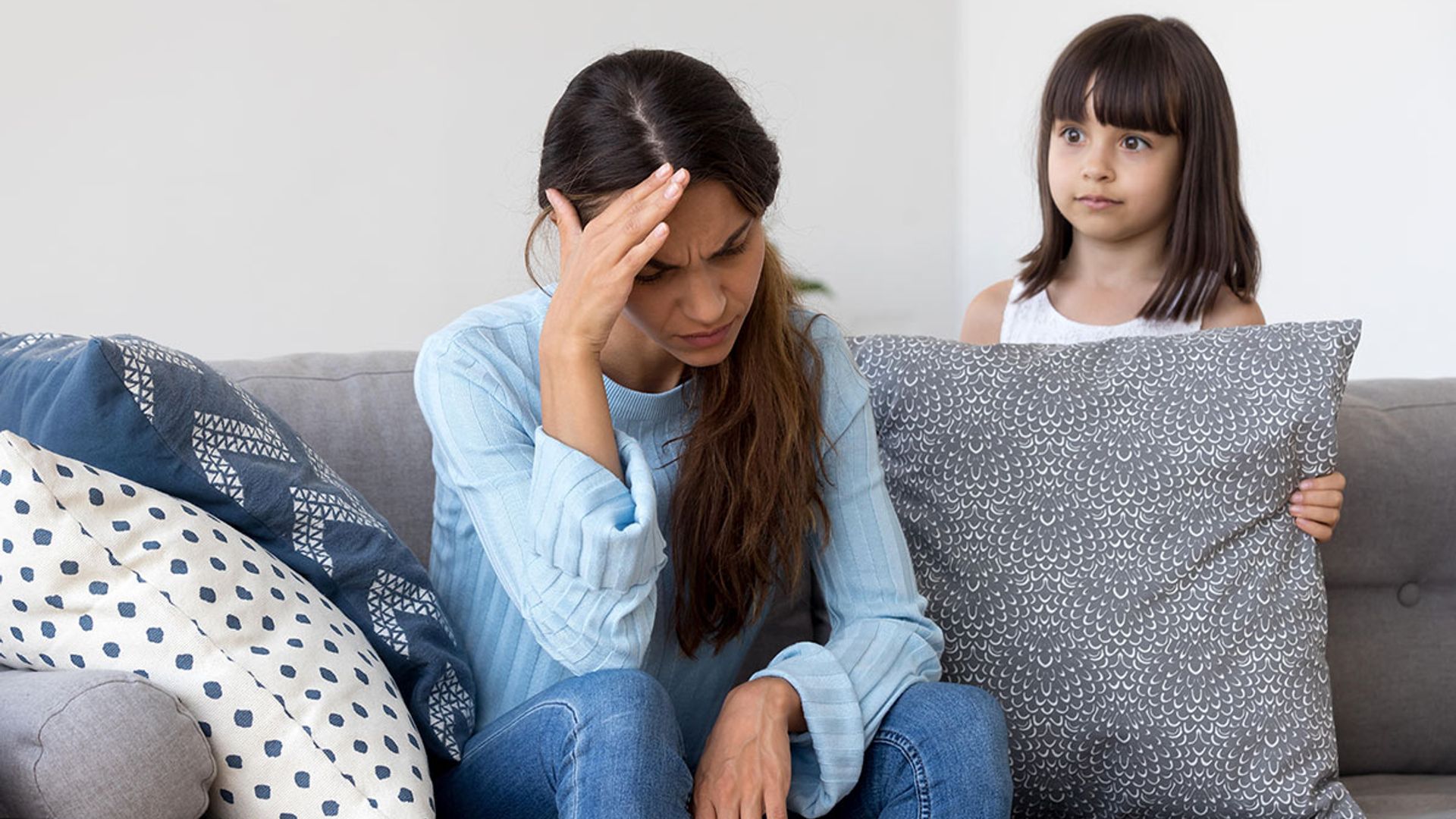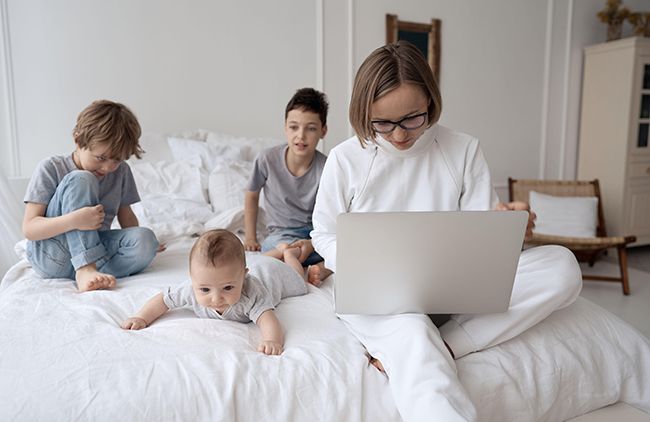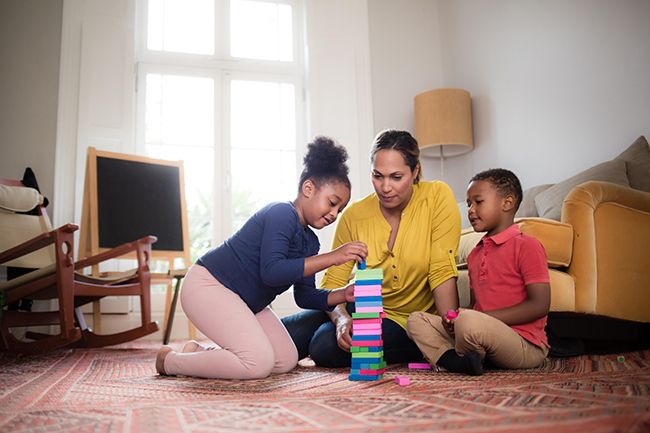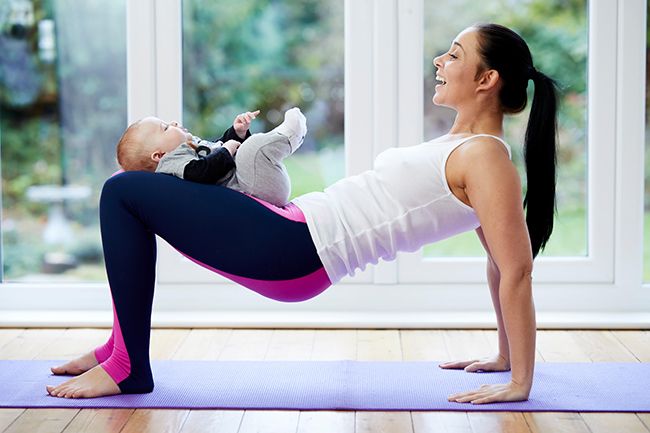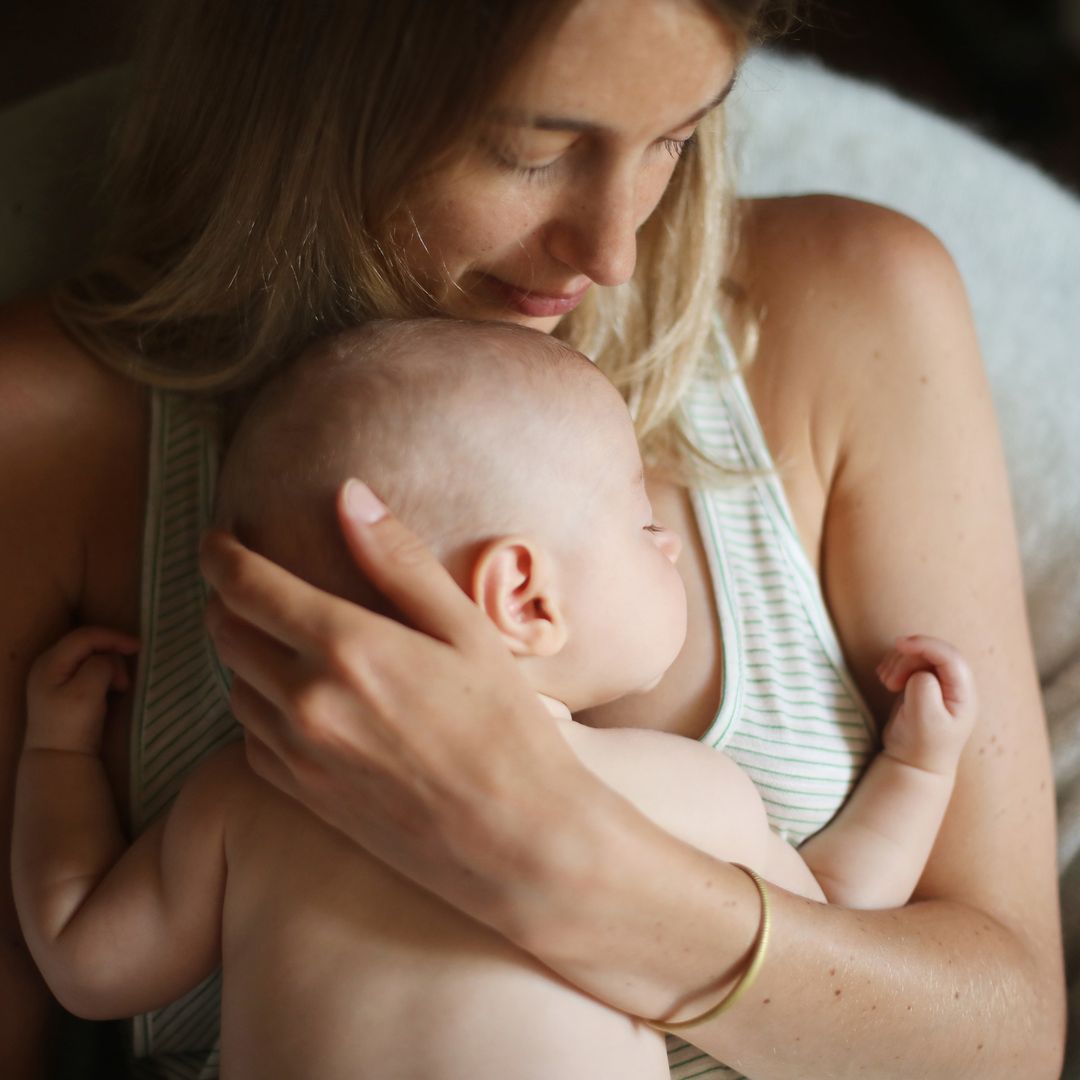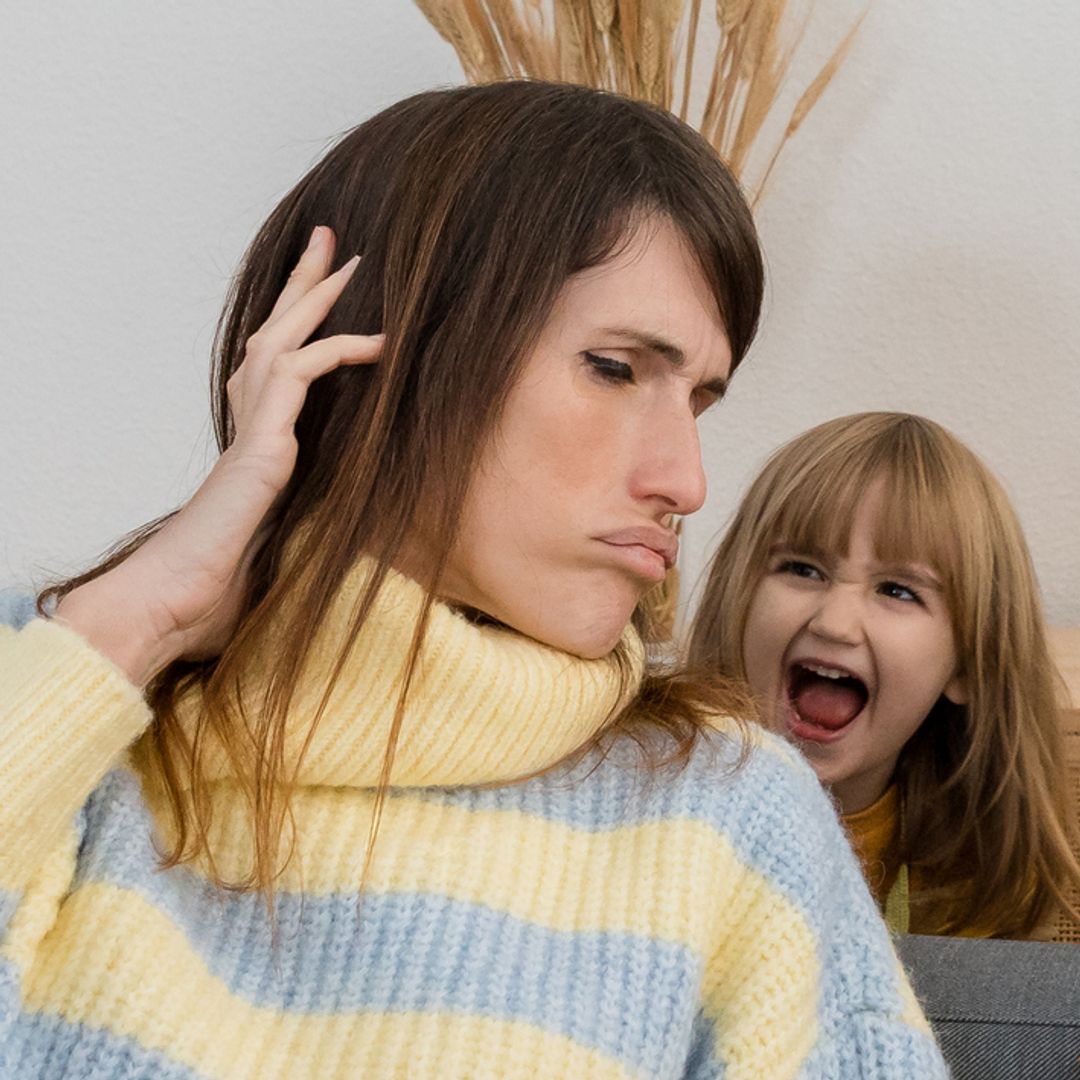Having a child is one of the most rewarding things you can do in life – bringing a small person into the world, helping them learn and grow, not to mention all those wonderful cuddles.
But as all parents know, caring for a little one – or several children – can be very tiring indeed, from the meal prep, school runs, activities, and lack of sleep, to worrying about them 24/7.
It's no wonder that parents get overwhelmed sometimes, and, if extreme tiredness and stress isn't addressed, burnout can occur.
MORE: Giovanna Fletcher on mum guilt, meeting Kate Middleton and juggling work with raising her three sons
Giovanna Fletcher has guest-edited our Back to School digital issue
As part of HELLO!'s Back to School digital issue guest-edited by Giovanna Fletcher, we spoke to two experts for their advice on parental burnout.
Here, NHS GP Dr Punam Krishan and Early Years Expert and Parent Coach Sophie Pickles outline the signs, consequences and treatment for parental burnout, plus how to avoid it.
Parental burnout: the signs
"Parental burnout is a state of utter exhaustion, mentally, physically, and emotionally," says Dr Punam Krishan.
"Signs range from irritability, being short-tempered and brain fog to overwhelming stress, anxiety, depression and even detachment from loved ones."
Parenting can be overwhelming sometimes - do you know the signs of burnout?
Sophie Pickles adds: "Burnout - defined by psychologist Herbert Freudenberger as 'the extinction of motivation or incentive' - can often sneak up on us unawares, taking hold when it's too late to mitigate a stress-induced breakdown.
"There are, however, some warning signs we can look out for to make sure we take action before burnout begins."
Emotional exhaustion
Sophie explains: "Parents may feel drained, emotionally exhausted and unable to cope with even the day-to-day tasks of life, never mind all the extra demands that parenting brings. They may suffer cognitive impairment and be unable to think clearly."
Physical symptoms
"Common physical effects of burnout include stress-induced headaches, stomach aches, intestinal issues and extreme fatigue," says Sophie.
She adds: "Parents may feel distanced from their children and their role as a parent. They feel a loss of pleasure in parenting and can understandably feel associated guilt, shame or sadness. The parent might feel that they are not the parent they want to be, or once were.
"In extreme cases, parental burnout can increase the risk of child abuse and neglect and can cause parents to seek harmful coping strategies like alcohol, so it is important we recognise the signs early and prevent it from happening because it is a serious and rising problem."
MORE: Andrea McLean's top tips for stressed-out parents and why 'me time' isn't selfish
Many mums are constantly juggling the children, work and housework
Dangerous consequences of parental burnout
Sophie Pickles says: "According to Professor Moïra Mikolajczak from the University of Louvain in Belgium, studies have shown that parental burnout has the same consequences as professional burnout: sleep disorders, health problems, increased alcohol consumption and suicidal thoughts."
How to treat parental burnout
Sophie Pickles advises: "As with many things, acknowledging the way we feel is an important step. Trying to remove guilt from ourselves and understanding that almost all parents feel this way at some point can help us to feel less isolated.
"It may sound simple, but accepting or asking for help can work wonders in preventing or treating parental burnout.
"We need to remember that asking for help isn't admitting we are failing, it shows that we are taking responsibility for our feelings and putting our mental health needs first. Caring for ourselves as parents isn't selfish or self-indulgent - it's a vitally important part of a healthy adult life."
MORE: Sir Mo Farah shares mission to get kids involved in sport
Playing with your children is important, but make time for yourself too
Dr Punam Krishan suggests the following ways to prevent and treat the condition:
1) "Do a self-audit to keep a track of your mental state. Every morning ask yourself two questions, 'How do I feel?' and 'How would I describe my energy levels?'
"If repeatedly you are using words like, 'low, drained, stressed, tired, sad, angry, fed up' – these are red flags and mustn't be ignored. Speak to someone you trust early or your GP because left alone, this will only get worse over time."
2) "Let go of the unimportant tasks and create a priority list that is realistic and achievable for that day. We strive for perfection when no such thing exists – that pile of laundry can wait! Make a cup of tea and give yourself some regular self-loving breaks."
3) "Talk to your partner, friend or relative for support and ask for help – this is not a sign of weakness but strength. It takes a village to raise a kid so make use of any help you can get."
Exercise is great for physical and mental health
4) "Prioritise self-care – we cannot take good care of our kids if we are not taking good care of ourselves so make sleep a priority and eat good nutritional food. Exercise is not just good for our physical health but a powerful stress buster too. Walks in the fresh air and time spent in nature have strong evidence to help improve mental wellbeing."
5) "Learn to say no and set boundaries for yourself whether this be with your work, children or other commitments."
6) "Lastly, do not compare yourself to others. As a GP, I see the behind-the-scenes into people's lives and I can assure you that nobody has it all together. Social media will tell you otherwise so ignore the noise and you do you, knowing that this will always be enough.
"If you find yourself feeling overwhelmed or in any way struggling, remember your GP is just a call away."
Sophie Pickles is an Early Years Expert and Parent Coach. Visit sophiepickles.com
You can follow Dr Punam Krishan on Instagram here
Make sure you never miss a ROYAL story! Sign up to our newsletter to get all of our celebrity, royal and lifestyle news delivered directly to your inbox.
